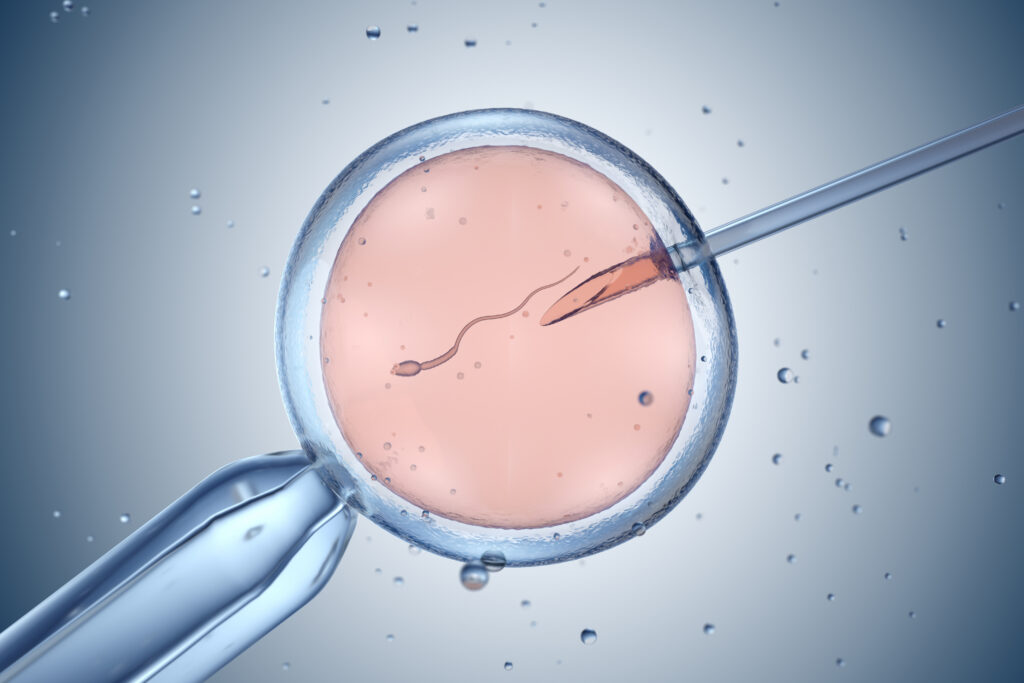Dobbs Case: What Science Reveals About 15-Week-Old Unborn Babies

Resources for Reporters and Commentators Covering the Dobbs Case
Washington, D.C. – Science reveals that an unborn baby’s heart has already beat nearly 16 million times by the 15th week of gestation, or the point at which a contested Mississippi law limits elective abortion.
As the Supreme Court prepares to hear oral arguments Wednesday in the Dobbs second-trimester abortion case, the Charlotte Lozier Institute (CLI) is highlighting peer-reviewed, up-to-date, scientific facts about 15-week-old unborn babies:
- By 15 weeks of pregnancy, every major organ has grown and most are functional.
- The heart pumps 26 quarts of blood per day.
- Intestines have started the lifelong contractions that propel food through the digestive system.
- The kidneys already filter toxins.
- The unborn baby prefers sucking his right or left thumb.
- By studying ultrasounds, scientists have determined that 85% of unborn babies prefer moving their right hand over their left hand. About 85% of adults prefer their right hand, too.
- If a twin, the unborn baby moves more gently when reaching toward her twin’s face.
- The baby responds to taste.
- Flavors from the mother’s food seep into the amniotic fluid, peaking after about 45 minutes.
- If the amniotic fluid tastes sweet because of an injection of saccharin, the baby swallows more fluid. If the amniotic fluid tastes bitter, the baby swallows less.
- The baby’s heart has already beat approximately 15,800,000 times.
- A baby’s heart starts beating about 22 days after fertilization.
- In total, a baby’s heart beats about 54 million times between conception and birth.
- The baby’s body responds to both touch and pain.
- The baby responds to light touches over most of the body.
- If something touches the palm of the baby’s hand, the baby will bend his or her fingers as if to grasp the object.
- Neurotransmitters specific to pain processing appear between 10 and 14 weeks’ gestation. The spinal nerves needed to transmit pain to the thalamus have formed by 15 weeks’ gestation.
Full citations and more details are available in 15 Facts at 15 Weeks, researched and prepared by Katrina Furth, Ph.D., a CLI associate scholar who earned her doctorate in neuroscience at Boston University.
Recent scientific advances also indicate that unborn children exhibit consciousness and experience pain earlier than previously thought. In fact, internationally-respected neuroscientist Dr. Stuart Derbyshire, whose earlier research was routinely cited as proof that unborn babies do not experience pain, changed his position in 2020 in response to a growing body of evidence. Dr. Derbyshire now postulates a fetal pain experience “from as early as 12 weeks.”
To learn more about the science of fetal pain, CLI recommends the recent “Straight Talk on Science and Dobbs” podcast produced by Bioethics on the Air. CLI associate scholar Dr. Maureen Condic, an international expert on human embryology and associate professor of neurobiology at the University of Utah, was the featured guest.
The primary pro-life brief on the science of the unborn for the Dobbs case was submitted by Charlotte Lozier Institute, informing justices of twelve specific lines of scientific evidence not considered by the Supreme Court in 1973. Read the full brief here.
CLI President Charles A. “Chuck” Donovan, who has worked in the pro-life movement since 1973, said:
“Science affirms what our Founding Fathers once declared. All humans are created equal. How can you follow the science of a 15-week unborn baby already being left-handed, with a heart that’s beat nearly 16 million times, and still fight to deny this little boy or little girl all their unalienable rights?”
Read Chuck Donovan’s recent Washington Examiner op-ed for his analysis of what’s changed since 1973, including advances in science, the growth of the pro-life pregnancy center movement, and the surge of pro-life women leaders elected to public office.
Charlotte Lozier Institute was launched in 2011 as the education and research arm of Susan B. Anthony List. CLI is a hub for research and public policy analysis on some of the most pressing issues facing the United States and nations around the world. The Institute is named for a feminist physician known for her commitment to the sanctity of human life and equal career and educational opportunities for women.
###

























